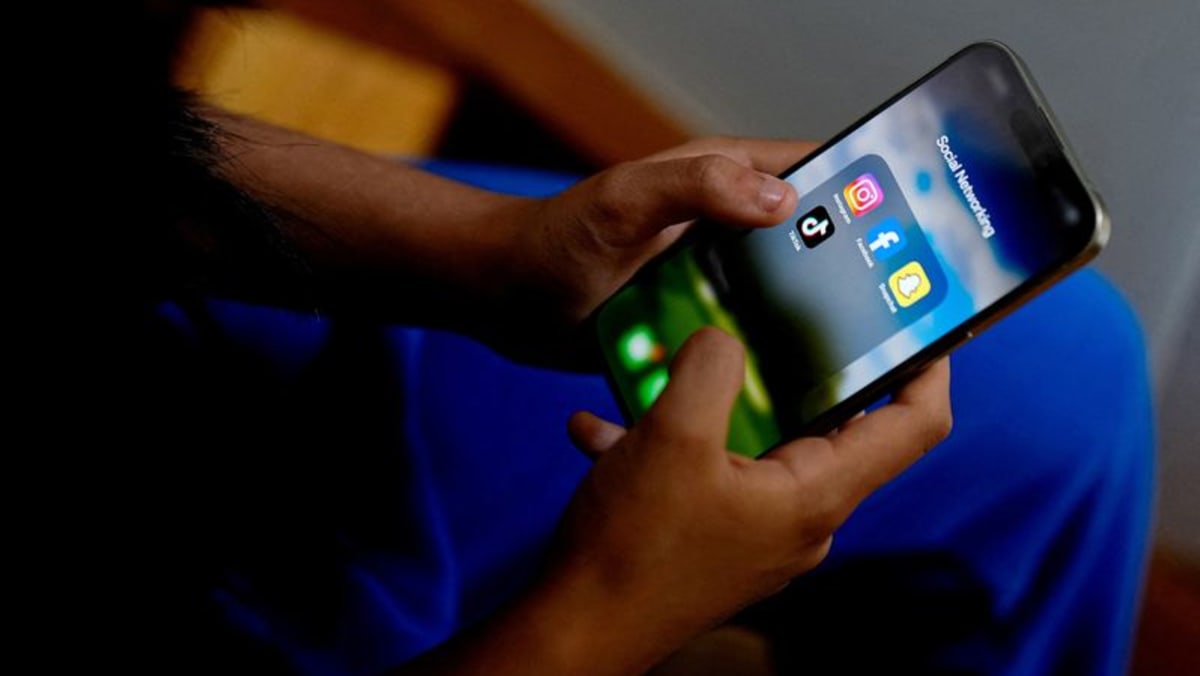SINGAPORE: The police and Ministry of Digital Development and Information (MDDI) urged the public on Wednesday (Apr 16) to observe appropriate online conduct during the upcoming General Election.
Singapore heads to the polls on May 3, with Nomination Day set on Apr 23.
There will be a high volume of online campaigning and political discourse on social media and private messaging services during the election period, said MDDI and the Singapore Police Force (SPF) in a joint news release.
“Singaporeans have the right to participate in online discussions on the General Election but should refrain from the following behaviours which may constitute offences under the law.”
Such behaviours include spreading misinformation or disinformation and engaging in online harassment or hate speech.
MISINFORMATION AND DISINFORMATION
Manipulated videos and photos have been appearing during elections across the world, with Singapore also seeing such content produced in the lead-up to GE2025.
On Tuesday, former President Halimah Yacob said she was making a police report after a deepfake video of her criticising the government was circulated.
Deepfakes refer to manipulated images, audio or videos that use artificial intelligence (AI) to make them appear realistic.
“Persons with ill intent may create online posts containing falsehoods or manipulated content such as deepfakes, to deceive the public and influence the outcome of the election,” said MDDI and SPF.
They noted that producing such content was “easy” since sophisticated tools and techniques are no longer necessary.
“Members of the public should be cautious about the information and materials they receive during this period and be alert to misinformation.”
The authorities warned people against posting or sharing content containing falsehoods and misleading or manipulated content.
When unsure, individuals should verify the information against official sources instead of forwarding or reposting them, said MDDI and SPF.
“The spread of misinformation and disinformation may affect the integrity of our General Election. “
Anyone who spreads misinformation or disinformation online may be liable for the offence of communicating false messages.
Those who knowingly communicate online falsehoods that are against the public’s interest may also be liable for an offence under the Protection from Online Falsehoods and Manipulation Act.
In October last year, the government passed a law prohibiting the publication of digitally generated or manipulated content during elections that realistically depicts a candidate saying or doing something that they did not say or do.
The law comes into effect once the writ of election is issued and until the close of polling. The writ for GE2025 was issued on Tuesday afternoon.
